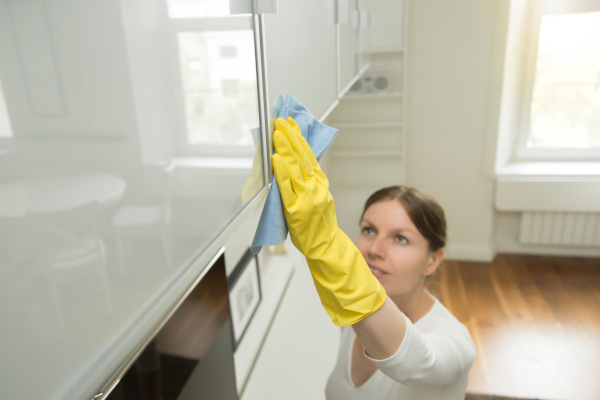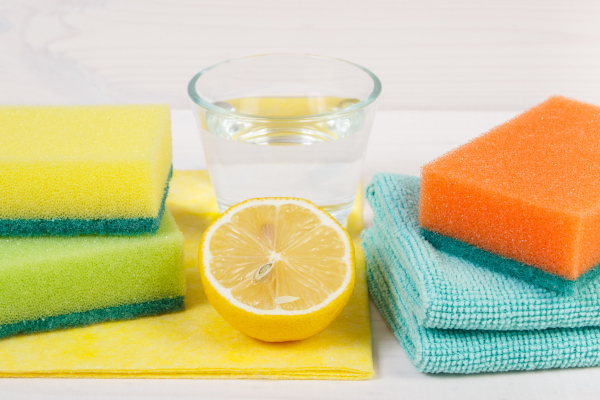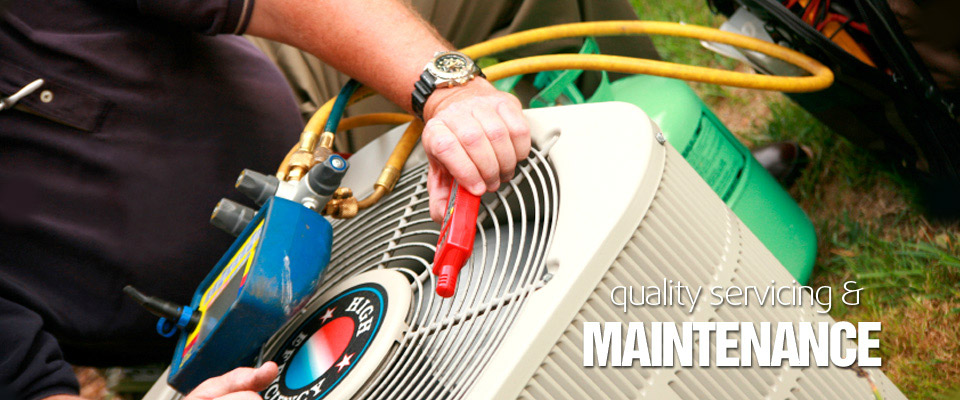How Can Indoor Air Quality Affect Your Health?
Although most people with common allergies such as hayfever know to steer clear of fields of flowers, you may be surprised to know just how many allergens are in the air in your own home. In addition to pollen, there are a range of other pollutants that can cause problems indoors including:
- Dust Mites
- Pet Dander
- Mould
- Cockroaches
If present in your home, these pollutants can leave someone with allergies sneezing and congested. And even if you don’t suffer from allergies, indoor air pollution can cause irritation to your eyes, nose and throat.
How To Improve Indoor Air Quality
Regularly Clean Surfaces

Step one to reducing pollutants in your home is to regularly clean any surfaces. Start by dusting all surfaces in your house (1 – 2 times a week) using a damp microfiber cloth. Ensure that you dust from the top of the room to the bottom to prevent allergens from falling onto areas that have already been dusted.
You will also need to vacuum your carpet (1 – 2 times a week) in order to pick up any allergens dragged in on your shoes, and to remove pet dander where applicable. (Note: low quality vacuums may put dust into the air). When using a bagless vacuum, ensure that the filter is cleaned after each use for maximum suction.
Additionally, you will need to regularly wet mop hard surfaces such as tiled floors (1 – 2 times a week). This will catch any dust and other allergens left behind after vacuuming and dusting.
Use Natural Cleaning Products

Another way to reduce allergens in your home is by using natural cleaning products. This is because toxins contained in some cleaning products can actually reduce air quality and can be harmful to babies, children, and the elderly.
Some simple alternatives to chemical cleaning products for cleaning surfaces include vinegar, baking soda, and lemon. If natural cleaning products are not available, always choose the fragrance free products to reduce toxins.
Use Your Air Conditioner
One of the best ways to improve the air quality in your home is to run your air conditioner. This is because air conditioners have an in built air filter that is used to remove dust, dirt, and other pollutants from the air before it is circulated into your home.
Additionally, using an air conditioner will allow you to keep all of your doors and windows shut to prevent other allergens such as pollen from getting inside.
Using an air conditioner will also help to control the humidity in your house which helps to improve air quality by controlling mould and mildew.
Regular Air Conditioner Maintenance

Although an air conditioner can be used to greatly improve the air quality in your home, a neglected air conditioner can actually reduce your indoor air quality. This is because over time the air filter in the unit can become clogged, reducing air flow and allowing pollutants to get into the air that is circulated into your home.
However, if your air conditioner is regularly serviced your air conditioning technician will clean or replace the air filter for you to ensure the air in your home is clean and allergen free.
If you can’t remember the last time your air conditioner was serviced contact your local air conditioning experts at Advanced Climate Solutions. Our team of highly trained technicians offer quality air conditioning installations, repairs and servicing at great prices! Call us today on 07 3206 35842 for all of your air conditioning needs.




